-
ActionsPublication date
13/09/21
website
www.citiesconnectionproject.com/ Cities Connection Project: Architecture as connection
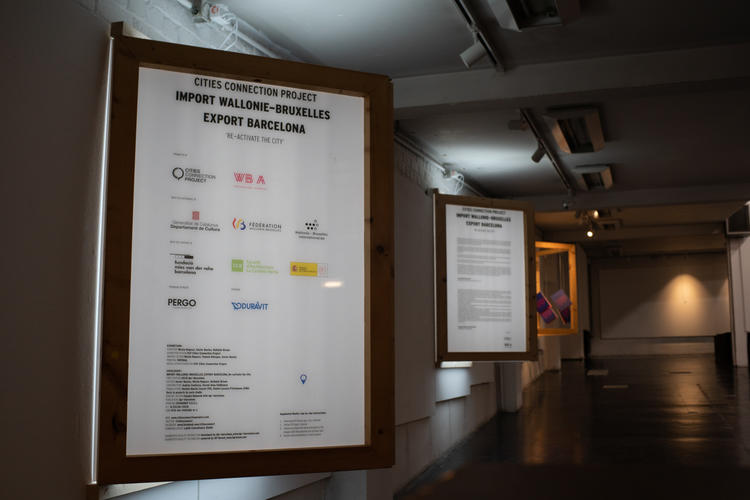 Cities Connection Project: Architecture as connection
Cities Connection Project: Architecture as connection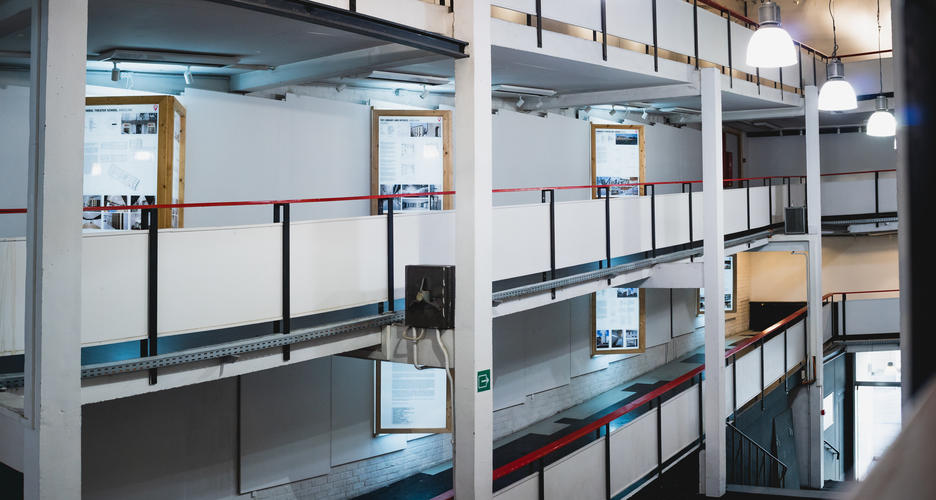 Cities Connection Project: Architecture as connection
Cities Connection Project: Architecture as connection Cities Connection Project: Architecture as connection
Cities Connection Project: Architecture as connection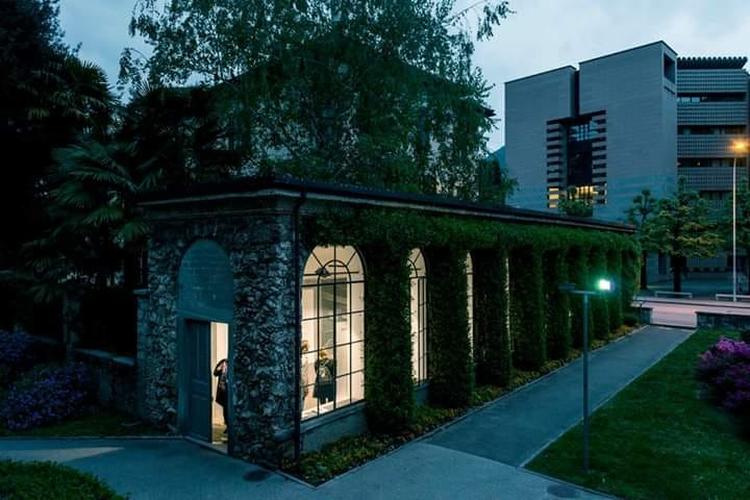 Cities Connection Project: Architecture as connection
Cities Connection Project: Architecture as connection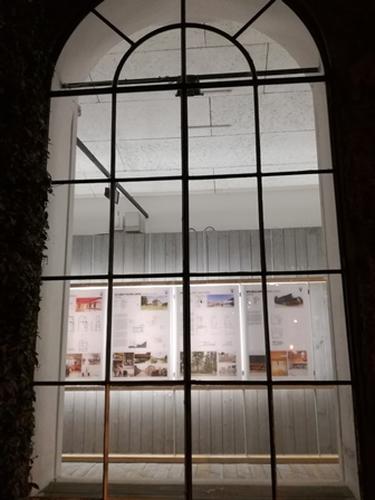 Cities Connection Project: Architecture as connection
Cities Connection Project: Architecture as connection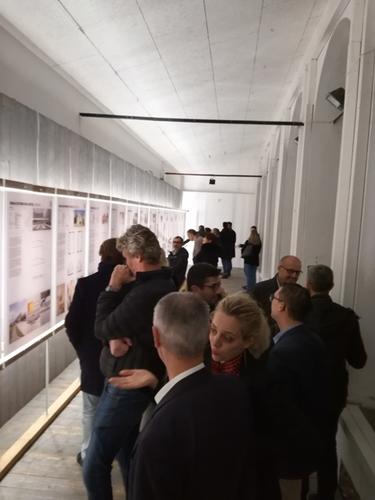 Cities Connection Project: Architecture as connection
Cities Connection Project: Architecture as connection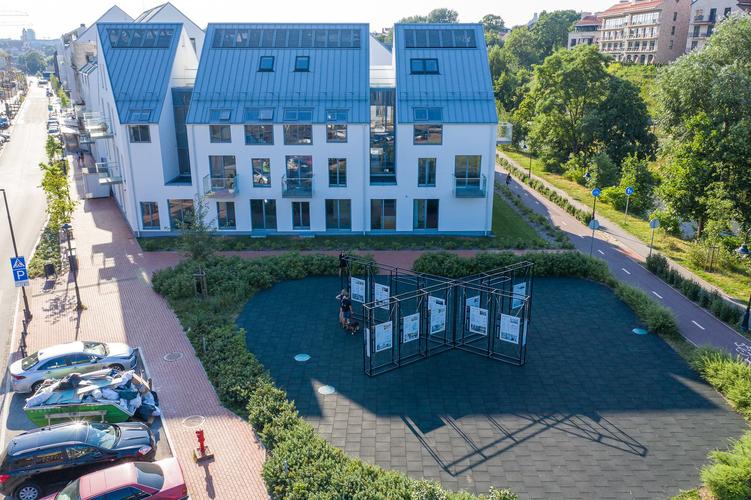 Cities Connection Project: Architecture as connection
Cities Connection Project: Architecture as connection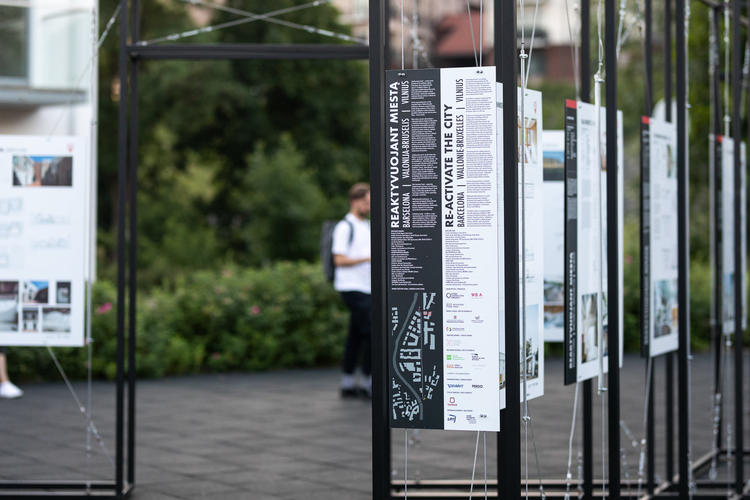 Cities Connection Project: Architecture as connection
Cities Connection Project: Architecture as connection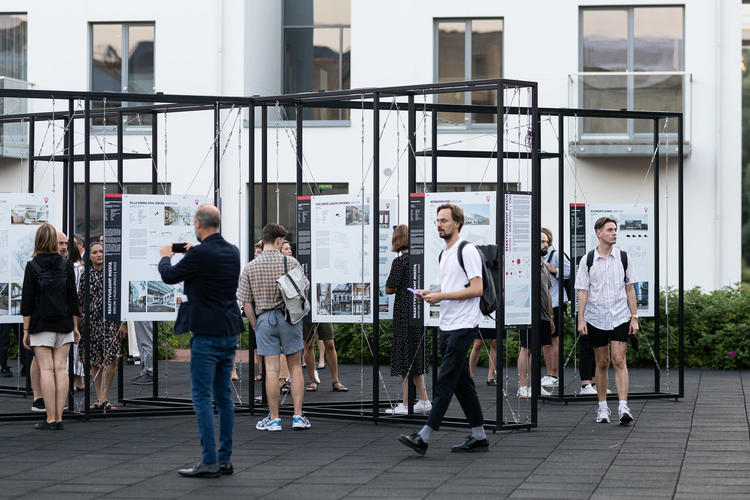 Cities Connection Project: Architecture as connection
Cities Connection Project: Architecture as connection
Launched in 2018, the Cities Connection Project - Reactivate the City exhibition has now been presented in 6 cities across Europe: Brussels, Barcelona, Tarragona, Lugano, Vilnius and Bordeaux.
Forty young offices (twenty from the Federation Wallonia-Brussels (FWB) and twenty from Barcelona) had the opportunity to exhibit their projects together. They shared their experiences and discussed the architectural proposals that are building the future of the city. Forty different projects which, though miles apart, all have something in common: they are public facilities designed to reactivate the city in which they are located, acting as elements of social cohesion.
Three years after the launch of this initiative, what remains?
In the media
- The 14th season of Archi Urbain was dedicated to the FWB architects involved in the Cities Connection Project. In total, there are about forty videos presenting offices and architectural projects in the FWB.
- Several podcasts of the radio programme Par Ouï-dire (RTBF, La Première) produced by Thierry Genicot.
- Some fifteen articles in the Spanish press (specialised and non-specialised) as well as a radio podcast.
- A programme on French-speaking Swiss radio.
- Two programmes and 8 radio capsules (highlighting the projects in the exhibition around 4 themes: Reconversion/culture/social housing/schools) produced in partnership with Rumeurs Radio (an independent media station that has been producing radio sound creations around architecture since 2008) and Le 308- Maison de l'architecture in Bordeaux.
- Two radio programmes in Lithuania: one on the national radio LRT where Aidas Krutejevas (V+) and Martynas Germanavičius, director of our partner Architektūros fondas spoke about the attitude of architects and society towards urban reactivation. Listen here (in Lithuanian). The other, currently in post-production, brings together the testimonies of Julien Dailly (ReservoirA) and Aidas Krutejavas (V+)
Professional encounters
Wallonie-Bruxelles Architectures (WBA) and its international partners - La Cambre-Horta Faculty of Architecture in Brussels, Cities Connection Project and the Mies van der Rohe Foundation in Barcelona; COAC in Tarragona; Istituto internazionale d'architettura in Lugano; Architekturos Fondas in Vilnius and Le 308-Maison de l'architecture in Bordeaux - have systematically organised European architectural encounters as part of the exhibition's tour. Indeed, the itinerancy of the exhibition and of the architects' delegations is above all intended to generate encounters, professional exchanges and desires for future collaboration, on the basis of sharing around the architecture and the places visited.The 3 days of exchanges are based on conferences, exchange of publications and visits.For example, 29 Spanish architects came to Brussels and 52 FWB architects went to Barcelona.
Collaborations
This exhibition was an opportunity for FWB architects to meet each other. Many did not know each other and are now collaborating on one or more projects or are planning to do so.
While it is still too early to list the projects that may yet come to fruition, it is worth mentioning that the Brussels office OUEST and the Spanish office FLORES & PRATS - both exhibited in the Cities Connection Project - have won the competition for the renovation of the Théâtre des Variétés in Brussels.
Longer-term partnerships
The exhibition also gave WBA the opportunity to establish long-term partnerships with the institutions involved. Some of these have already taken shape (such as the invitation of an FWB architect to the Swiss Land Biennial), while others are still under discussion (the creation of an exhibition in CCP format with Le 308-MA).
Publications
In order to support architectural practices in the development of their international activities, WBA has developed a promotional toolkit. The FWB architects involved in the CCP process were able to benefit from this support and create a publication about their production that they can use in other contexts. Some fifteen works have been designed in this way.
And of course the exhibition catalogue, which is a real visiting card of the projects/offices on display.

Wallonie-Bruxelles Architectures est une agence de promotion
culturelle et économique des architectes de Bruxelles et
de Wallonie sur la scène internationale.
Home  Actions
Actions  Cities Connection Project: Architecture as connection
Cities Connection Project: Architecture as connection
